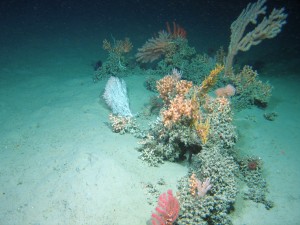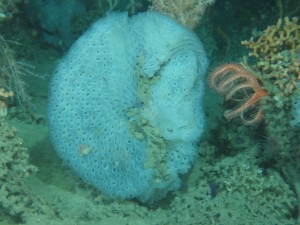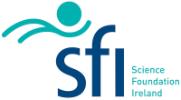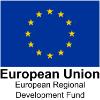The aims are three-fold:
1) find new bioactive natural products from deep-sea corals and sponges in Irish offshore waters;
2) develop informed bioprospecting approaches to maximise the chance of finding these compounds in hard to sample environments such as the deep sea;
3) inform conservation planning in relation with biodiscovery hotspot clusters.
- Irish deep-sea cold water corals
- Irish deep-sea sponges
Why the deep sea? The deep sea is particularly interesting because the animals that live there do so under extreme conditions – no light, high pressure – and so may have interesting chemistry to cope with such a harsh environment. Why corals and sponges? Past research shows that these are really good target groups.
Sponges and corals are at the forefront of biodiscovery research: they yield more natural products than any other phyla. Most research to date has focused on shallow water species, but it’s highly likely that deep-sea species will yield even more new compounds because they probably have interesting chemistry that helps them deal with the harsh environment.
In fact, we already know that some corals and some sponges are better than others. We know this from analysing all the past information that has been published on this subject. This is also how we can improve our future chances. We’re building mathematical models to predict the likelihood of any given species yielding a novel natural product, and we’ll build species distribution maps (also using mathematical models) of corals and sponges on the deep-sea floor, so that we know the best places to go searching.
The project is divided into 4 work packages detailed below:
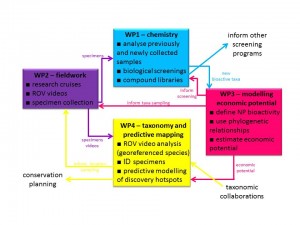
Funding
This project is supported by Science Foundation Ireland and the Marine Institute under the Investigators Programme Grant Number SFI/15/IA/3100 and is co-funded under the European Regional Development Fund 2014-2020.
